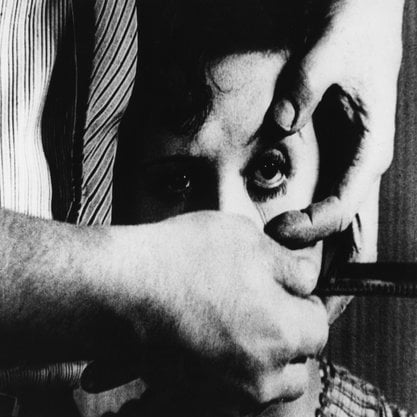Article
Apocalypse Now (1979) By Sapra, Rahul
Article
Apocalypse Now, produced and directed by Francis Ford Coppola, is an adaptation of Joseph Conrad’s novella Heart of Darkness (1899) that deals with European colonialism in the Congo Basin in late nineteenth century. However, the scriptwriters Coppola and John Milius adapted Conrad’s text to convey the brutalities of the Vietnam War. The film charts the journey of the American Captain Willard (Martin Sheen) in Vietnam to find and terminate the rebellious and reportedly insane Colonel Walter E. Kurtz (Marlon Brando). Both the style and the content of the film are influenced by the modernism of Conrad and T.S. Eliot. Images of mutilation and dismemberment dominate Coppola’s film, since Kurtz is represented as a figure of mutilation, which is echoed by Eliot’s poetry. Coppola’s Kurtz reads the first passage of Eliot's “The Hollow Men” verbatim, and the photojournalist (Dennis Hopper) quotes from Eliot’s “The Love Song of J. Alfred Prufrock.” Margot Norris notes the film’s use of surrealism to express the irrationality, absurdity, futility, fragmentation, and incomprehensibility of the Vietnam War. The film won the Palme d’Or (1979) at Cannes, but it received mixed reviews, and is regarded by some as a flawed masterpiece.
